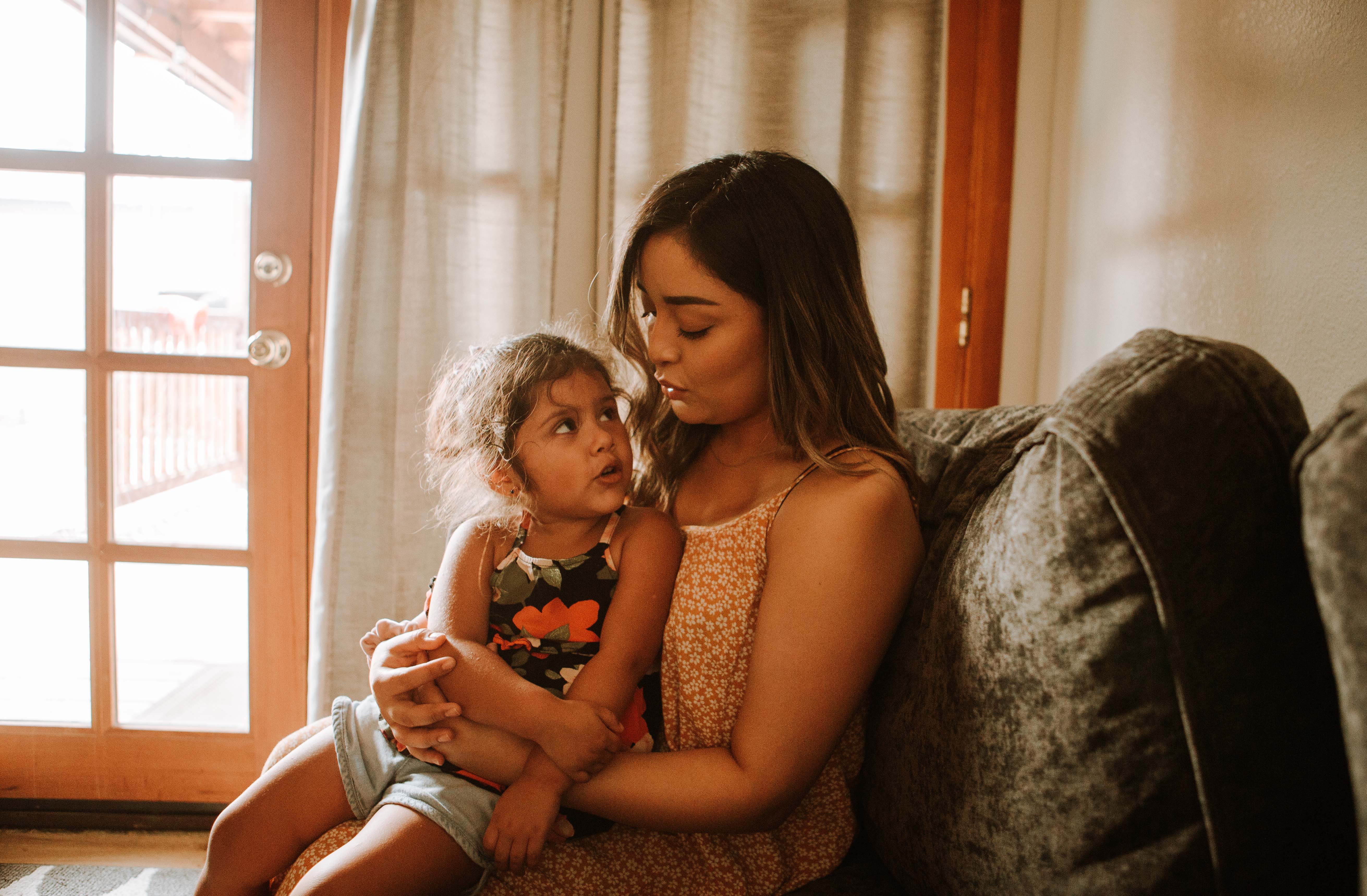Will the US succeed in cutting child poverty in half?

Twenty-two years ago more than 25% of the children living in the UK were living in poverty. This frightening statistic prompted then Prime Minister Tony Blair to take a number of steps to fight child poverty, one of which included government payments to families with children. The plan executed by Blair and the Labour Party was so successful that eight years later, the child poverty rate in the country fell by half.
Knowing the cost of children is a vital component when it comes to crafting better economic policy and IZA Word of Labor author Olivier Donni has explored different types of measures. In his article he writes that “evaluating child poverty at the individual level requires making a clear distinction between the share of family resources received by children and that received by parents. The standard ad hoc measures (equivalence scales) used in official publications to measure the cost of children are arbitrary and are not informed by any economic theory.” Instead, Donni adds that modern approaches based on economic analysis are able to identify what parents spend for children more precisely and thus take account of economies of scale.
This year President Joe Biden has drafted a plan similarly ambitious to the one put in place by Blair in the UK in the form of the coronavirus relief bill which aims to cut child poverty in half. The bill states that most families will be eligible to receive $3,600 a year for each child up to the age of five and $3,000 a year for each older child a family might have. The plan is for the child benefits to be distributed on a monthly basis. According to projections from the Centre on Poverty and Social Policy at Columbia, it is expected that this year alone the legislation will reduce the child poverty rate from 14% to 6%, with the biggest declines being observed in families who have Black and Hispanic children.
President Biden himself predicts that if the bill passes in the House and the Senate, “it will cut child poverty in half” as the additional monthly income should push many American families over the poverty line. “Of all the policy issues being discussed this Congress, of all the things we are working on, the biggest impact we can make for economic justice in our country—and enact measurable transformational change—lies within this policy that would slash child poverty,” Sen. Cory Booker, member of the Democratic Party commented.
Read Olivier Donni’s article Measuring the cost of children.